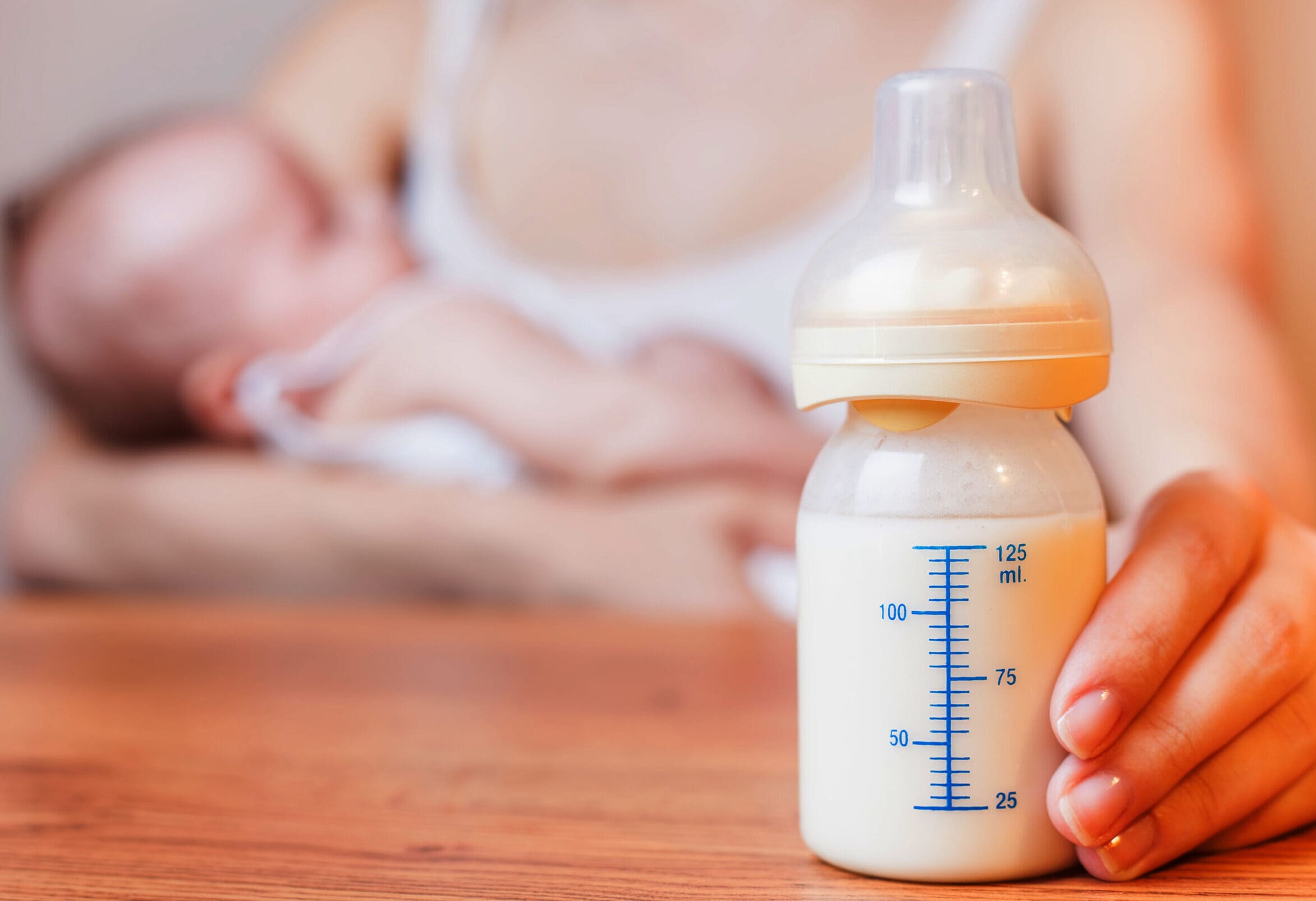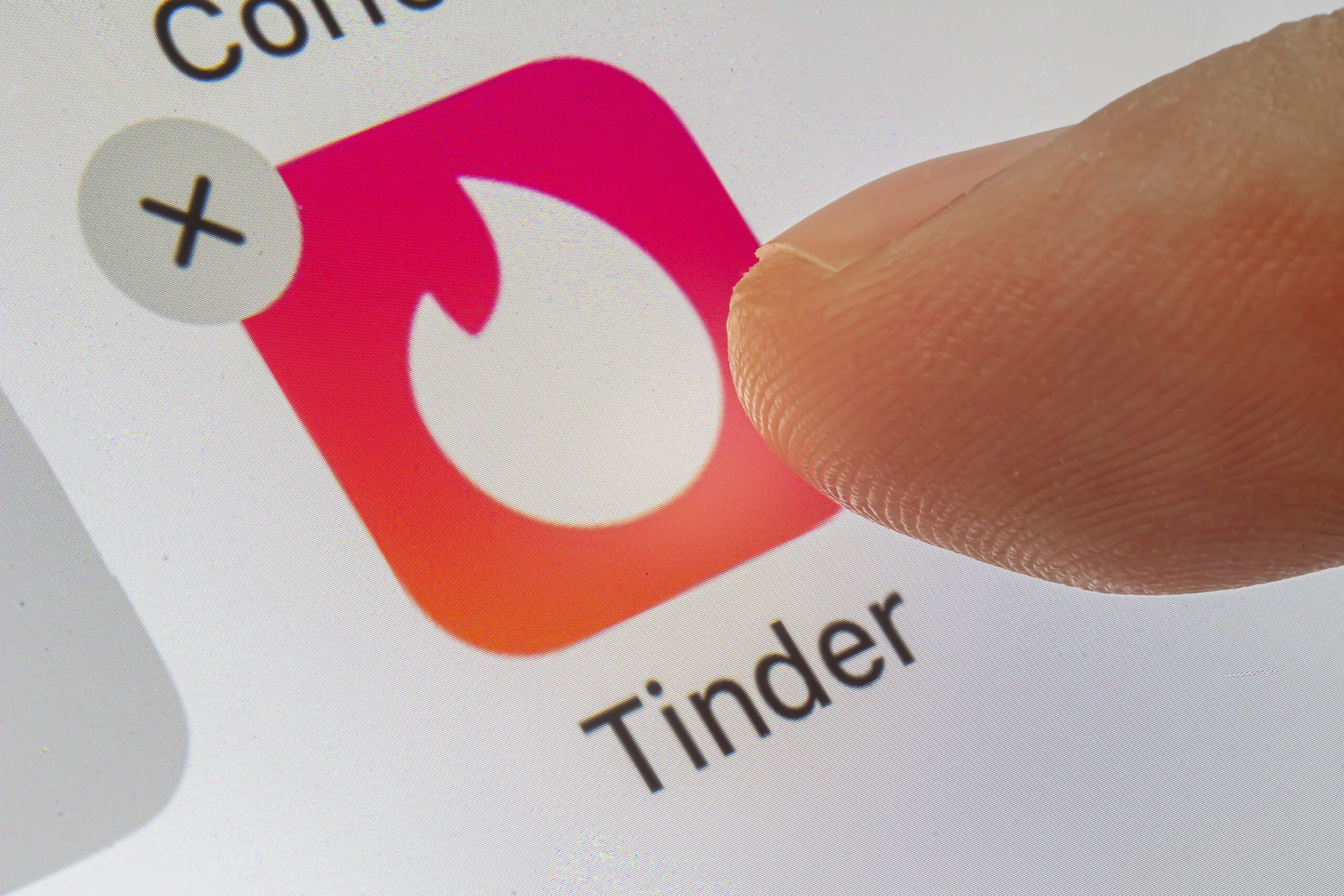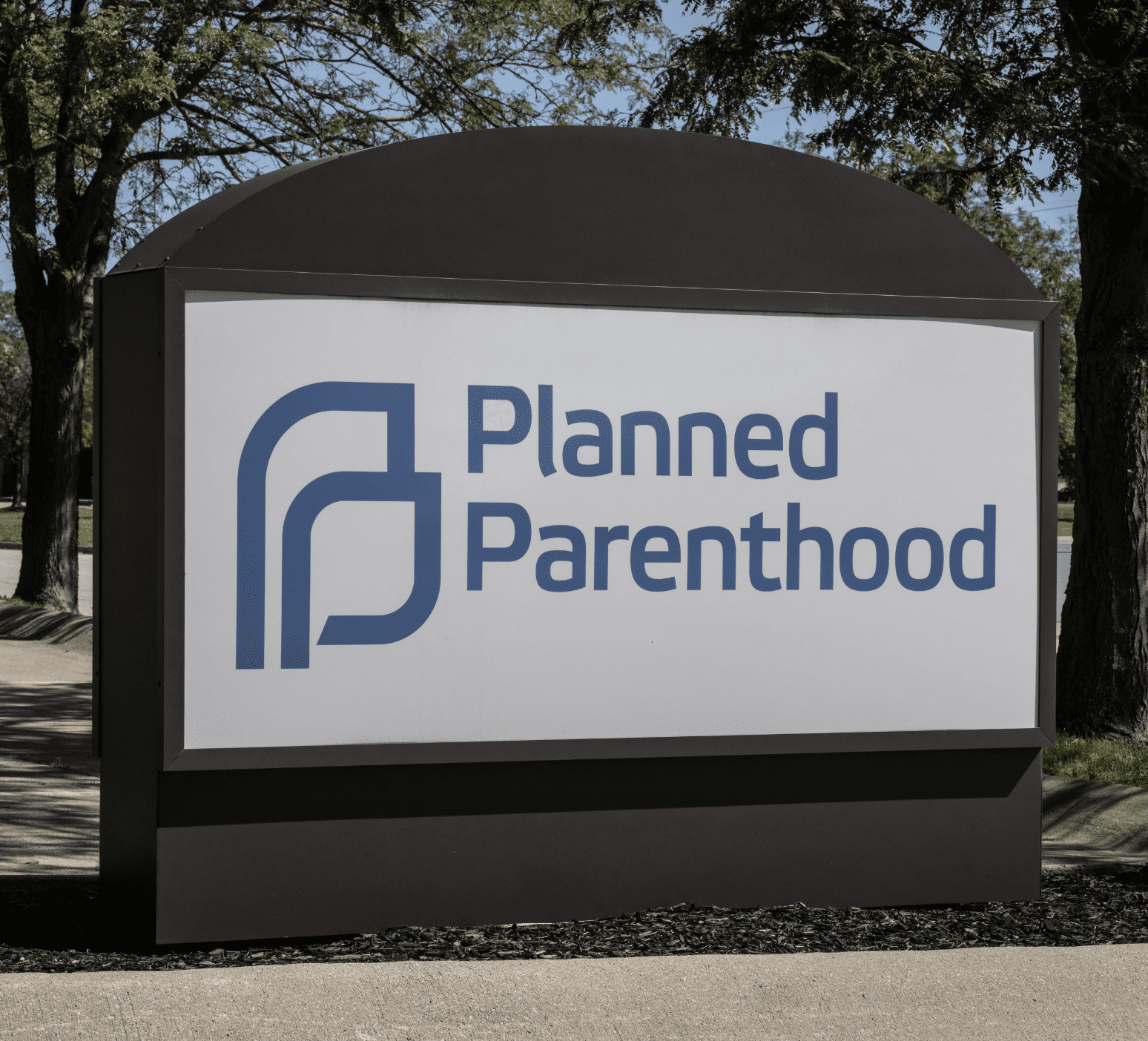It usually requires bringing a breast pump to work, making time in a busy schedule to express milk every few hours, and then cleaning and putting it away after each session. (Pavel Ilyukhin/Dreamstime/TNS)
By Kelsey Butler
Bloomberg News
Breastfeeding is one of the biggest challenges for a new mother returning to work in the U.S.
It usually requires bringing a breast pump to work, making time in a busy schedule to express milk every few hours, and then cleaning and putting it away after each session.
“What if, to order a cup of coffee, you had to pack up your coffee maker in the morning, bring it to work with you, put it in a duffel bag, go into a small little closet, take your clothes off, set up the coffee maker and brew the coffee? And then do that three or four more times throughout the rest of the day,” said Patrice Meagher, founder and chief executive officer at startup MilkMate, a lactation room specialist for workplaces.
MilkMate says it has developed a way to help shave 15 minutes off each pumping session. For working moms who need to pump about three times daily while at work, that can mean saving as many as 23 working days a year.
Employers including real estate developer Hines, law firm Blank Rome and Dartmouth College are already tapping MilkMate to support nursing parents.
The concept is simple: MilkMate installs their communal breast pumps — cleared by the U.S. Food and Drug Administration — along with a cabinet stocked with sterilized kits that are for personal use and disposable after each session. Milk collection and pump mechanisms are kept separate to prevent cross contamination. A mom can just come in, grab a kit, pump and go on her way. No washing or sterilizing parts necessary, and no need to lug a pump to the office.
“This does make it easier for people to come to the office and be more productive in the office,” said Whitney Burns, senior vice president of global client strategy at Hines, who worked with MilkMate to add the service to the real estate company’s co-working space at 205 Hudson in New York City.
In the U.S., roughly seven in 10 workers don’t have access to parental leave, and even the moms who do usually have a leave period that’s much shorter than in Canada and many European countries. That means those parents may have to return to work while they’re still nursing, which requires them to express their milk regularly. The U.S. Centers for Disease Control and Prevention recommend exclusively breastfeeding for the first six months of a child’s life, and many mothers continue to breastfeed for several months once food is introduced.
While there’s no official figures on how many parents are pumping in the U.S. labor force, there were 5.6 million working moms with kids aged 1 and under as of last year.
In a 2023 survey of 1,000 moms, 31% said they didn’t reach their breastfeeding goals because they had to return to work. Research shows that a lack of workplace resources, like a dedicated pumping space or sufficient breaks, can force a mom to stop breastfeeding earlier or increase her stress.
Hines may add MilkMate to other locations if it’s well-received by users, Burns said, adding that the system offers a competitive advantage for commercial real estate spaces.
In 2022, the U.S. legislation known as the PUMP for Nursing Mothers Act expanded rights for mothers and required employers to provide workers with time to express milk in non-bathroom spaces, giving about 9 million more workers this protection — and pushing even smaller employers to provide accommodations.
Users of MilkMate’s pump don’t pay a dime; either the landlord or employer picks up the tab. Initial consultations, on-boarding and installation of MilkMate’s set-up runs about $4,000 to $9,000 and the ongoing service is on average $5,000 per year.
Dartmouth’s Tuck School of Business will add MilkMate’s service to its campus in the coming weeks in an effort to reduce a “stressful logistical challenge” for nursing mothers, Paul Mutone, the school’s associate dean for finance and administration said in an email.
MilkMate sees opportunity to expand beyond traditional office spaces including in hospitals, hotels and manufacturing centers.
The New York-based company isn’t alone in trying to improve the work environment for new moms. Startup Work & Mother creates shared lactation suites in corporate buildings. And Nessel, which counts Tesla Inc. and PwC as clients, offers portable sinks and soundproof nursing pods.
As MilkMate’s Meagher put it: “How do you make the life of a working parent easier? You give them more minutes back.”
©2024 Bloomberg L.P. Visit bloomberg.com. Distributed by Tribune Content Agency, LLC.




